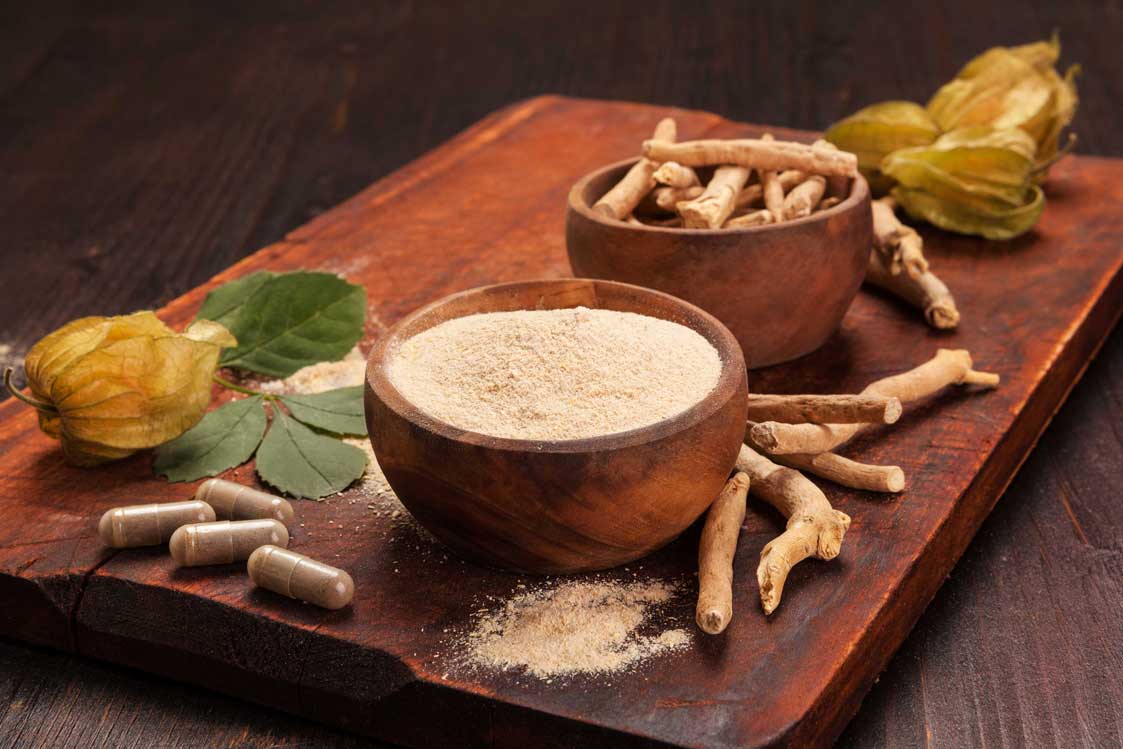
A heart attack, medically known as a myocardial infarction, is a terrifying and life-altering event. It occurs when a section of the heart muscle is deprived of oxygen-rich blood, leading to cell death. This blockage is most often caused by a buildup of fatty plaques (atherosclerosis) in the coronary arteries, which supply the heart with blood. When one of these plaques ruptures, a blood clot can form, completely blocking the artery and triggering a heart attack.
While the "Hollywood heart attack" is often depicted as a sudden, dramatic chest clutch, the reality is far more varied. Symptoms can be subtle, and they can differ significantly between men and women, and even from person to person. Understanding these signs is crucial, as every minute counts in a heart attack. The faster a person receives medical attention, the better the chance of survival and the less damage to the heart muscle.
Recognising the Warning Signs: It’s Not Always About the Chest
The most common symptom of a heart attack is chest pain, which can be described as a feeling of pressure, squeezing, fullness, or pain in the center of the chest. However, this is just one piece of the puzzle. It's vital to be aware of other potential symptoms, especially if you or someone you know is at risk.
Common Heart Attack Symptoms:
- Chest Pain or Discomfort: A feeling of pressure, squeezing, or tightness in the center of the chest that may last for several minutes or come and go.
- Pain Radiating to Other Areas: This can include pain or discomfort in one or both arms (often the left), the jaw, neck, back, or stomach.
- Shortness of Breath: This can occur with or without chest discomfort. It may feel like you can't get enough air.
- Other Symptoms: Nausea or vomiting, lightheadedness or dizziness, cold sweats, and a sense of overwhelming anxiety.
It's important to note that women are more likely to experience these "non-traditional" symptoms. They may not have the classic chest pain and are more likely to experience shortness of breath, nausea, and back or jaw pain. This can lead to a delay in diagnosis and treatment, highlighting the need for increased public awareness.
Taking Action: The Importance of Urgency
If you or someone around you is experiencing any of these symptoms, don't wait. The first and most critical step is to call Triple Zero (000) for an ambulance immediately. Do not attempt to drive yourself to the hospital. Emergency services are equipped to begin life-saving treatment on the spot and can transport you to the most appropriate hospital for a heart attack.
While waiting for the ambulance, if the person is conscious and not allergic to aspirin, giving them a 300mg aspirin to chew slowly can help to reduce blood clotting. This is a common recommendation, but always follow the advice of the 000 operator. If the person collapses or becomes unresponsive, be prepared to start CPR.
Prevention: The Best Medicine
While a heart attack can strike without warning, the underlying causes often develop over many years. The good news is that many of the risk factors are modifiable through lifestyle changes. Taking control of your health is the most effective way to prevent a heart attack.
Key Prevention Strategies:
- Maintain a Healthy Lifestyle: A balanced diet rich in fruits, vegetables, whole grains, and lean proteins, combined with regular physical activity, can significantly lower your risk.
- Quit Smoking: Smoking is one of the leading risk factors for heart disease. Quitting is the single best thing you can do for your heart health.
- Manage Existing Conditions: High blood pressure, high cholesterol, and diabetes are major risk factors. Work with your doctor to manage these conditions effectively through medication and lifestyle changes.
- Know Your Numbers: Regular check-ups with your GP to monitor your blood pressure, cholesterol, and blood sugar levels are essential. A Heart Health Check is a dedicated consultation that can assess your risk.
- Reduce Stress: Chronic stress can take a toll on your heart. Incorporate stress-reduction techniques like mindfulness, yoga, or hobbies into your daily routine.
Related Suggestions and Links
- Heart Foundation Australia: The leading charity for heart health in Australia. Their website is a comprehensive resource for information on symptoms, prevention, and support.
- Website: https://www.heartfoundation.org.au
- St John Ambulance Australia: Provides crucial first aid information, including how to respond to a heart attack and perform CPR.
- Website: https://stjohn.org.au
- Healthdirect Australia: A government-funded service providing a wide range of health information, including a detailed page on heart attacks.
- Website: https://www.healthdirect.gov.au/
- Australian Cardiac Rehabilitation Association (ACRA): Provides a directory of cardiac rehabilitation programs, which are vital for recovery after a heart attack.
- Website: https://www.acra.org.au/



